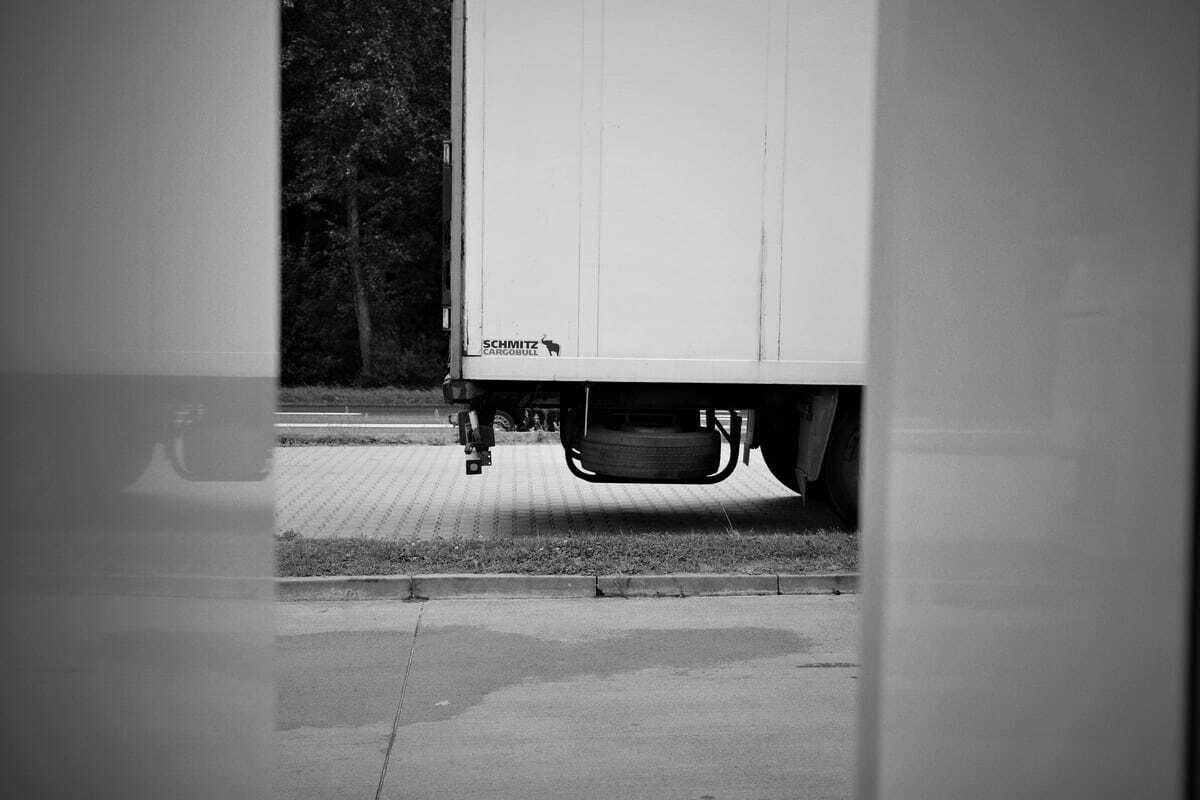I have changed a lot in my life and in the life of my family using environment shaping. As far as I know, it's the only way to achieve long term results. I learned how to eat clean by shaping my environment, for example. But what does it mean — by "shaping your environment"? It means, for example, that
if you want to stop eating potato chips, you should not have potato chips in your house.
The same goes for bread. We have stopped eating bread and pasta. In order not to be tempted, we have actually thrown away every piece of bread and every packet of pasta we had in our house. And we have never bought them again.
And — yes! — the same goes for running, the same goes for digital pragmatism also!
I shape my environment by having my camera in the main pocket, the left pocket in of my trousers, instead of my smartphone.
Environment shaping appears in a lot of books about habits, productivity and changing your life. It's in the James Clear's “Atomic Habits”, it's in the Kathy Milkman's "How to change?" book. There's a lot of talk about environment shaping in the “Make time" book by the two guys from Google.
I think it's the best way to achieve long term change. Environment shaping is not a strategy based on your strength of a character — which is good since your character can sometimes be weak. It's not based on a force of you not-doing-things-that-you-would-like-to-do. We have finite amounts of will. We have finite amounts of decision power throughout our days. Moreover, lots of today's media and professional environment actually makes it very difficult to make choices and decide. You have to choose which lunch to eat. You have to choose which tshirt to, to buy. You have to choose...
This is precisely why environment shaping works — because once you set up your environment so it helps you make those changes or maintain something in your life, you have much less of a hard time sticking to it.
You don't train for a marathon by making one big training.
You train for a marathon by going for a run every day for three months.
This is how it happens.






















Environment shaping